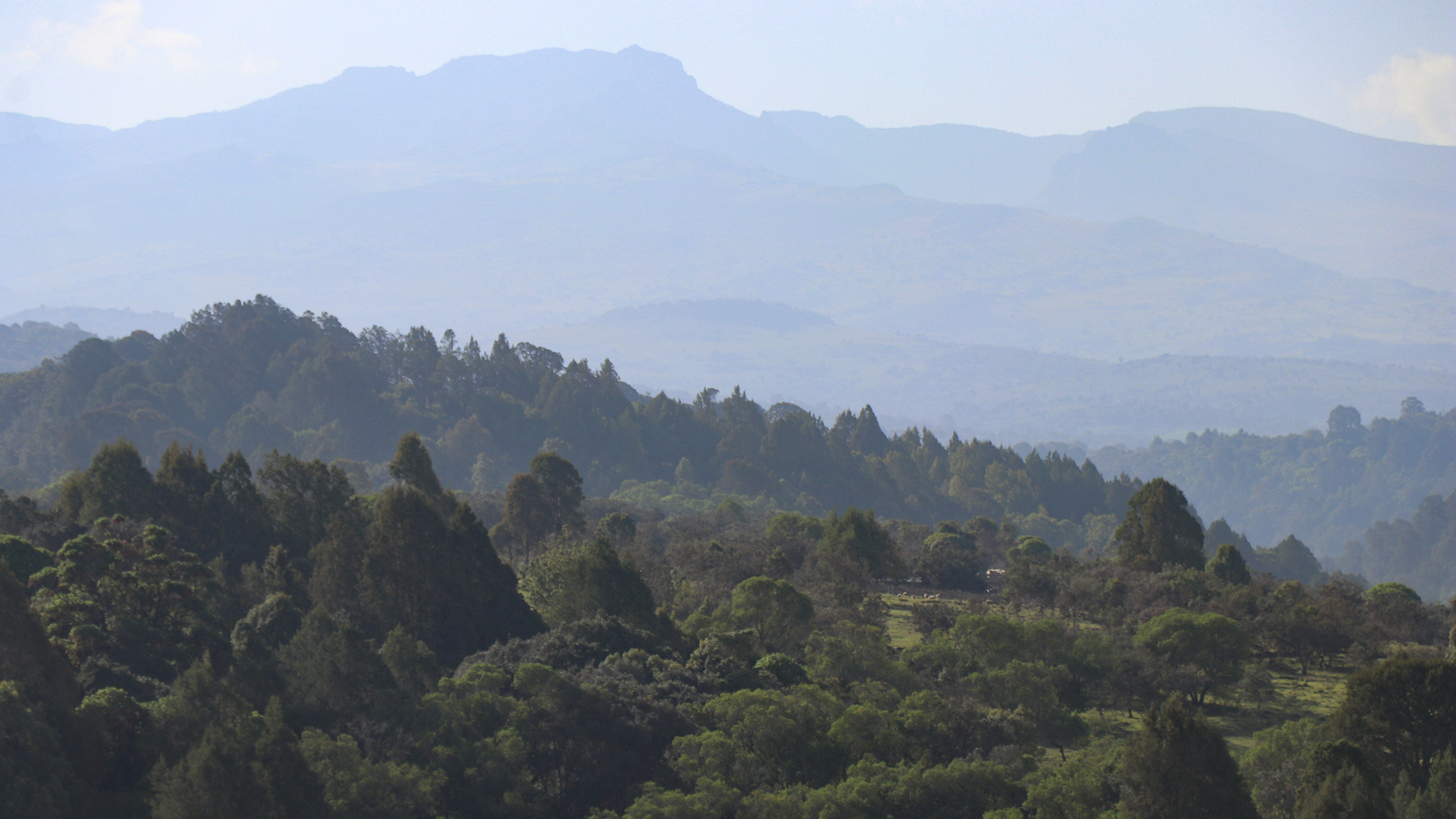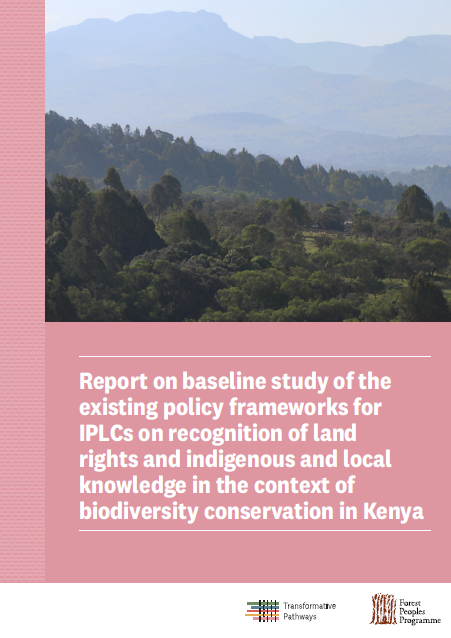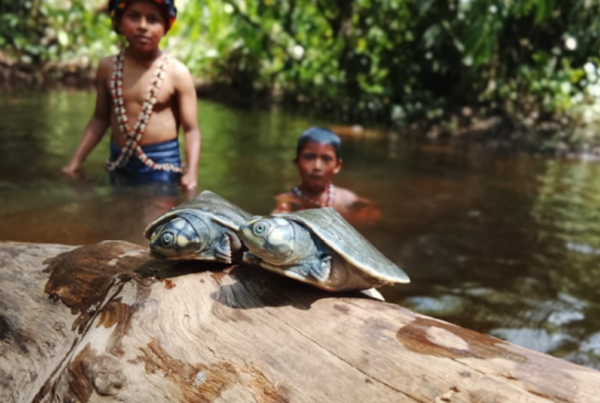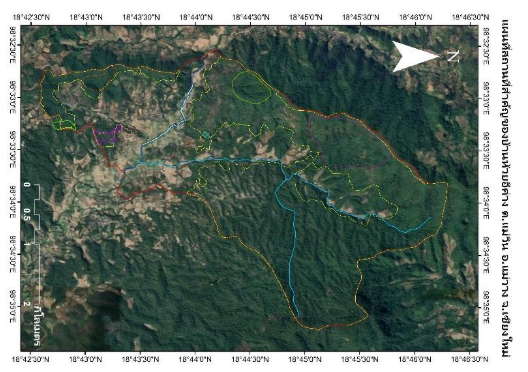The baseline study of the current policy framework for IPLCs on recognition of land rights and indigenous and local knowledge in the context of biodiversity conservation in Kenya is a project of the Forest Peoples Programme (FPP).
The objectives of the consultancy assignment were to provide detailed information on the current status of relevant regional, national and local policies, laws and regulations concerning the IPLCs from Mt. Elgon, Narok, Trans Nzoia, Bungoma and West Pokot. In addition, it was expected to establish to what extent county or local policies and legislations as well as state agencies (such as KFS and KWS) have addressed the IPLCs land rights issue and biodiversity knowledge and conservation.
This was a 2 month consultancy (22nd March to 22nd May 2023) and the expected report of to be submitted through email.
The report is comprised of five (5) chapters, where Chapter 1 is on introduction to the issue, Chapter 2 is on the fundamental theories and principles on which land rights and biodiversity conservation would be based on. This was deemed necessary in order to draw the baseline from which the sincerity and adequacy of regulations would be assessed. Theories on Access, Property, Regime, Conflict and Development were reviewed and their short but precise linkages to the objectives of the consultancy were given. The principles include Principle of Common but differentiated responsibilities; principles of the common good; Principle of access to genetic resources and the sharing of benefits.
Chapter 3 is a review of the guiding international frameworks which address land and land rights and biodiversity conservation with emphasis on those touching on the IPLCs. These include the multilateral environmental agreements on biodiversity, climate change, drought and desertification and wetlands. Others are the intellectual property and indigenous and traditional knowledge systems as well as the United Nations Declaration on the Rights of Indigenous People (UNDRIP) and the Convention on the Elimination of all Forms of Discrimination against Women. How these international instruments have been domesticated in the target areas has been reviewed. Finally, the relationship of this domestication of international instruments and the Kenya National Vision 2030 on biodiversity and especially whether the areas in question are on course to the Global Biodiversity Vision 2050 of humanity living in harmony with nature is analyzed.
Chapter 4 is a detailed analysis of the National Policy and Regulatory Frameworks as at present. The relevant laws have been reviewed in depth and presented as a matrix.
Chapter 5 is a discussion and conclusion. It is concluded that the areas in question have had their land rights addressed in paper, but actual implementation on the ground still remains a big challenge. This project is seeking to contribute not only to the policy review but also to its implementation.
Dashed line
Type: Report
Region: Africa
Country: Kenya
Theme: Land and Resource Rights, Community-led Conservation, Biodiversity Monitoring
Consultants: Prof. (Emeritus) Gideon Nyamasyo, Advocate Ms. Cecilia W. Githaiga



